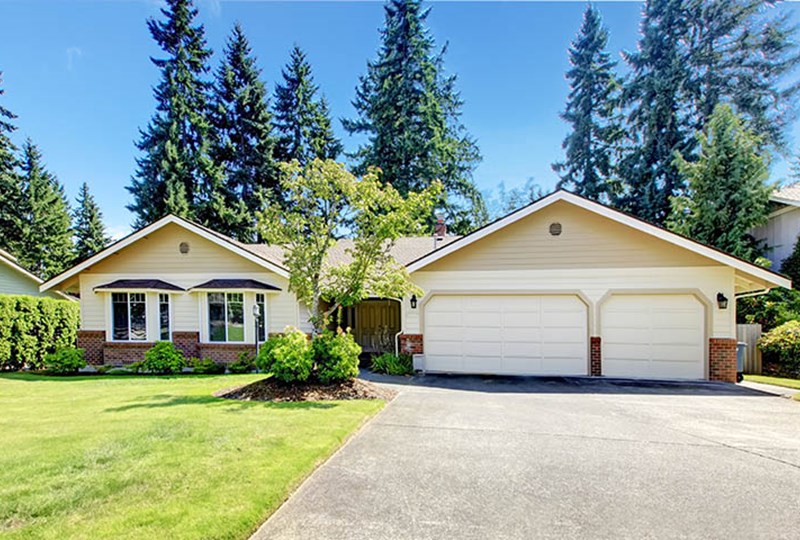
Key takeaways:
- If a home is worth less than what the owner currently owes on their mortgage, the homeowners may ask their lender to approve a short sale
- If a homeowner misses payments on their mortgage, their lender may attempt to foreclose on the home, thereby taking over ownership of the property and its eventual sale
- Foreclosures and short sales are called “distressed properties” because of the circumstances that surround their presence on the market
What is a short sale?
A short sale occurs when a homeowner sells their home for less than what they currently owe on their home mortgage loan. It’s considered a short sale because the homeowner is asking their lender to accept a payment that is “short” of what is still owed on the home loan.
Contrary to its name, a short sale can be one of the most time consuming types of real estate transactions because the seller and lender(s) must both agree to modify the terms of the seller’s mortgage obligations.
Learn more about buying a short sale home
Learn more about selling a short sale home
What is a foreclosure?
When a homeowner misses one or more mortgage payments, their lender may send them an official notice of foreclosure. Once the foreclosure is complete, the homeowner’s right to their home is forfeited, and the lender will take the title of the home and try to sell it directly.
In some cases, struggling homeowners may be able to get help via the Home Affordable Foreclosure Alternatives (HAFA) program or the Home Affordable Modification Program (HAMP).
Learn more about HAFA and HAMP
What does it mean if a property is lender-owned?
A property becomes lender-owned after the foreclosure process is complete. Once a property is lender-owned, the lender takes over the title of the home and will sell the home directly. The original homeowner will be asked to vacate the home at this time.
Things to consider
- Foreclosures and short sales are often called “distressed properties” or “distressed sales” due to the circumstances that lead up to their presence on the market
- Distressed sales are more complex and potentially more time consuming because the lender is heavily involved in the transaction. In a short sale, the lender has approval power; in a foreclosure, the lender acts as the owner/seller when the home is placed on the market.
- When entering into this type of real estate transaction, it’s critical to work with an expert who understands the market and can help you navigate the process. Contact an Edina Realty foreclosure and short sale expert.
- Foreclosed properties may be previously owned by people experiencing financial difficulties and may require costly updates and repairs. Learn more about an Edina Realty Home Warranty.
Curious about foreclosures, lender owned and potential short sales properties for sale in your neighborhood?
Reach out today to get connected with a local market expert who specializes in distressed properties.








 ©2026 Prosperity Home Mortgage LLC®. (877) 275-1762. 3060 Williams Drive, Suite 600, Fairfax, VA 22031. All first mortgage products are provided by Prosperity Home Mortgage, LLC®. Not all mortgage products may be available in all areas. Not all borrowers will qualify. NMLS ID #75164 (For licensing information go to: NMLS Consumer Access at
©2026 Prosperity Home Mortgage LLC®. (877) 275-1762. 3060 Williams Drive, Suite 600, Fairfax, VA 22031. All first mortgage products are provided by Prosperity Home Mortgage, LLC®. Not all mortgage products may be available in all areas. Not all borrowers will qualify. NMLS ID #75164 (For licensing information go to: NMLS Consumer Access at